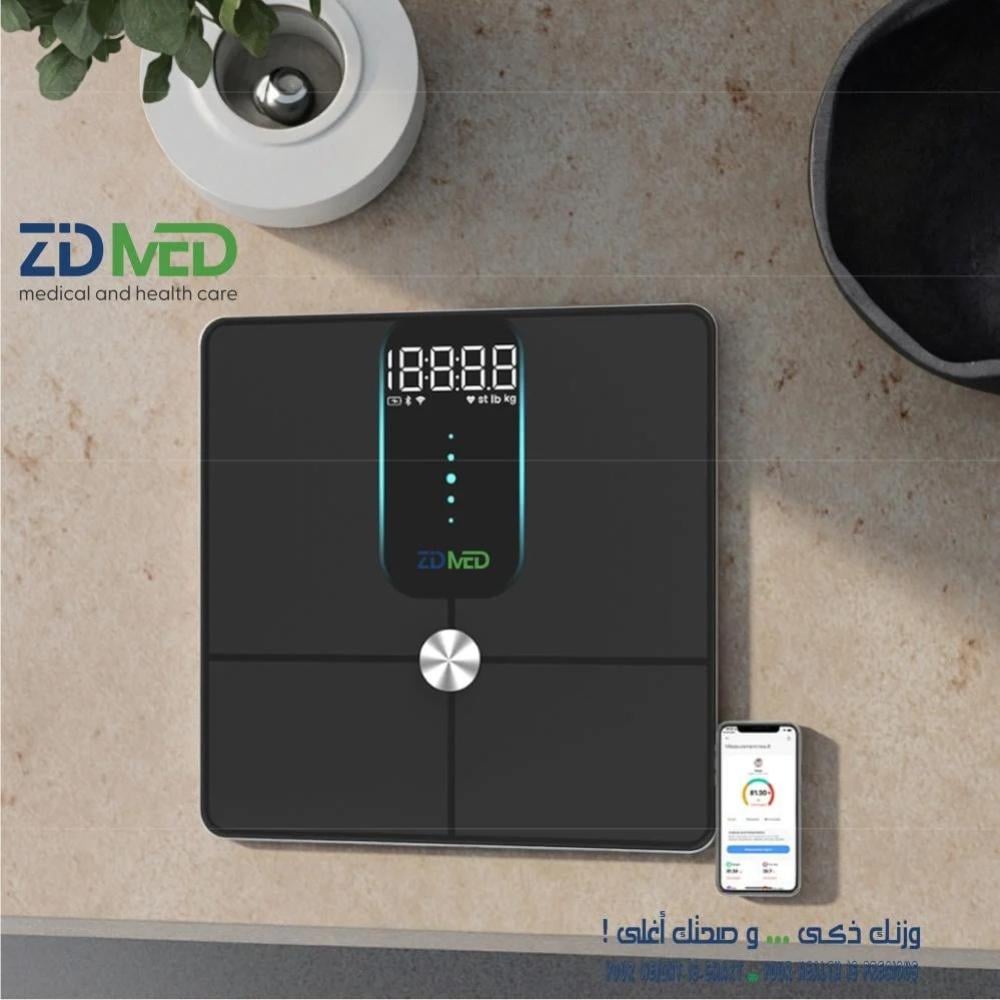Many people wonder what the best time is to weigh themselves — especially those following a diet or workout plan and trying to see whether they’ve actually lost weight. The truth is, the time you choose to weigh yourself can make a big difference in the result, because the human body changes throughout the day due to eating, drinking, sleeping, and movement.
The first thing you should know is that the scale doesn’t lie, but sometimes the number you see isn’t 100% accurate. That’s because many factors affect it, such as how much water your body is holding or when you last ate. That’s why the best time to weigh yourself is when your body is in its most balanced state.
The Best Time to Weigh Yourself
The golden time most nutrition experts recommend is early in the morning, right after waking up and before breakfast — in other words, before eating or drinking anything. At that moment, your body is free of food and excess water, giving you a reading that’s closest to your true weight. That’s when you can confidently say you’ve chosen the best time to weigh yourself.
After sleeping, the body has already eliminated waste and the amount of fluids is relatively stable. So, if you plan to track your weight weekly, try to stick to the same day and use the same scale at roughly the same time. This method helps you compare results accurately and see your real progress.
Some people prefer weighing themselves after a workout, but that’s not the most accurate time. After exercising, you may have lost water through sweating, and the scale might show a lower number — not because you’ve lost fat, but simply because your body is dehydrated.
Also, don’t weigh yourself after a big meal or at the end of the day, because food and drinks temporarily add weight, which gives you a higher reading than your actual weight. Imagine eating a heavy dinner and drinking a liter of water — naturally, the number will go up, but that’s not your true weight.
Important Tip
Always keep your weighing conditions consistent — same type of clothing (or none), same time, same scale, and same place. That way, any change you see will reflect your real body changes, not external factors.
It’s also a good idea to record your numbers regularly, whether on paper or using a weight-tracking app. This small step helps you see your real progress over time and understand whether your diet or workouts are truly effective. Monitoring your results continuously gives you stronger motivation to keep going, instead of relying on feelings or guesses.
And if you want to know not just your weight but also what your body is made of, that’s where a smart scale comes in. A smart scale gives you detailed insights into body fat, muscle mass, and water percentage, making it easier to track your progress week by week.
In the end, don’t let the number discourage you. What really matters is noticing improvements in your appearance, health, and the way you move and sleep. Weighing yourself is just a tool — not the goal. Stay balanced, keep moving forward, and results will naturally show over time.
If you want to track your weight and body fat easily and accurately, try a body fat scale with 8 electrodes — it will provide all the data you need effortlessly.

